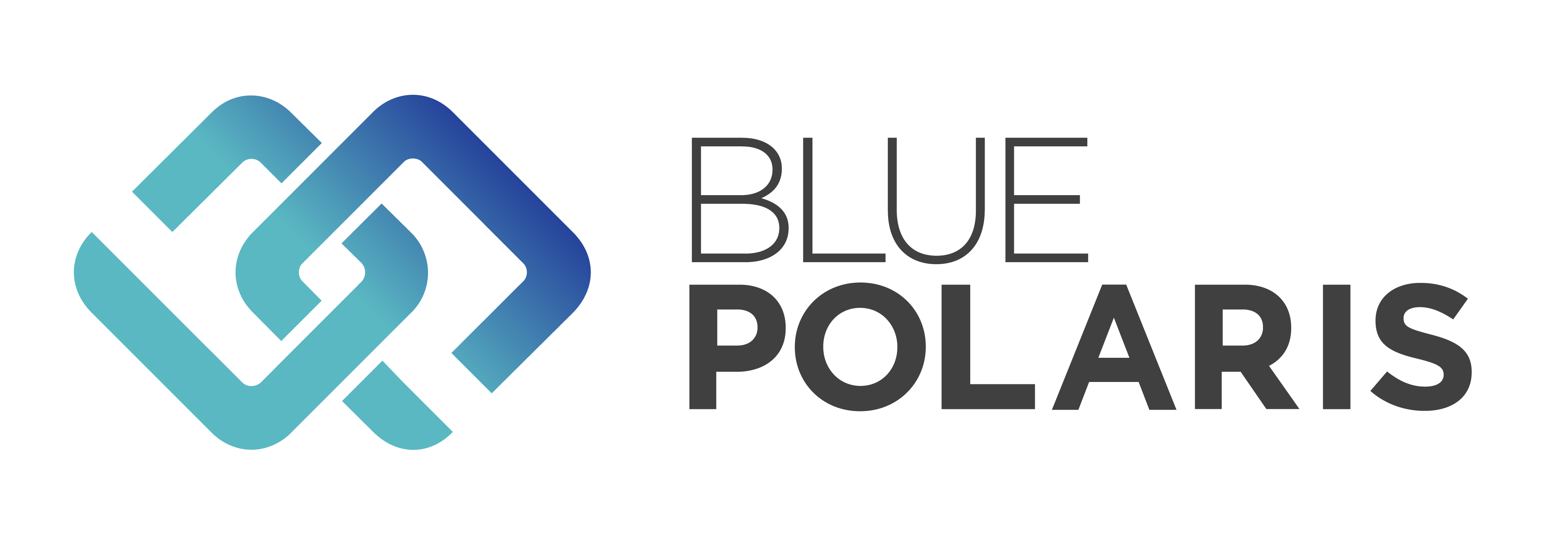Here is an excerpt from our Decision Management Systems Platform Technologies Report on Personalization:
Personalization may seem like the realm of Marketing but in fact Decision Management Systems have been used to drive a wide range of personalization beyond that used in marketing offer management. These systems take what is known about a user—information about them, past history, preferences and increasingly predictions about their likely interests and future behavior—and uses this to personalize some interaction with them. These Decision Management Systems replace one size fits no-one interactions with intensely targeted interactions, allowing users to feel that they are “known” and helping navigate increasingly large pools of information.
Determine relevance of content
As organizations try to help users navigate huge volumes of content, Decision Management Systems are increasingly being used to decide what content is relevant to a particular user. Such systems are often necessary as traditional agents or intermediaries are no longer available. In travel, for instance, travel agents used to act as a filter on content for travelers. Now, with more people booking on line, a Decision Management System is needed to provide that same filtering as otherwise there is simply an overwhelming amount of information to review.
Customize advice
While there is a lot of generic content available today, consumers increasingly look for advice customized to them. By applying expert rules and analytics, Decision Management Systems can be used to customize the advice being given. For instance when giving people weight loss or pain management advice, the results of a questionnaire can drive sophisticated rules and analytics based on medical best practices and research to produce advice that is tailored, specified and relevant.
Configure Offer, product or service
In similar fashion some organizations are using Decision Management Systems to configure offers, products or services. Whether computers that are assembled from a wide variety of parts, trucks that can be ordered to meet personal needs or vacation packages, it is often a non-trivial exercise to determine that a particular configuration is allowed or buildable. Decision Management Systems are used to suggest configurations, to match configurations to stated goals and to confirm a custom configuration.
Optimal price for this customer
As dynamic pricing has become more common, determining the optimal price for a specific customer has likewise become more common. Using a Decision Management System to correctly price a product or service for a specific customer based not only on their needs and configuration but the value they will place on the product and potentially their ability to pay allow companies to maximize the value of their sales. As more data and more sophisticated systems become available this is focusing on individual customers not just customer segments for truly personalized pricing.
Read more in our Decision Management Systems Platform Technologies Report.
